The Streets Were My Father follows the stories of three fatherless men who got involved with gangs and entered a life of crime. It explores their journey towards healing and their evolving relationship to God and religion. Lee Habeeb, the producer of the film and host of podcast Our American Stories, believes in the importance of sharing and uplifting often underrepresented voices as, in his own words, “(…) we all have so much more in common with one another than we believe. At a time when so many folks are trying to divide us by every imaginable classification, our show is dedicated to rallying people around stories of hope, redemption, grace, resilience, hard work, courage – and love.”
Here, Picture This Post (PTP) talks to Lee Habeeb (LH) about the importance of fatherhood and religion, the power of storytelling, and the process of working on The Streets Were My Father.
(PTP) What first drew you to the stories of these three men?
(LH): The stories found us, actually. A gentleman named Don Albert had done the groundwork and filmed a half dozen stories, and we merely took his work and made them more succinct, added by subtracting, and focused on just three of the six stories he originally told. We focused on the narrative arcs, added a great score, and did what ESPN does so well with their 30For30’s – which is keep the storytelling simple, direct, and authentic.
What drew us to the stories was the universality of the experience of fatherlessness. No matter where you live or how, not having a father leaves behind real trauma and a real void in the lives of sons and daughters. In some parts of America, where the percentage of fatherless homes is high, this can lead to catastrophic outcomes as gangs replace families, and all of that male rage is channeled back at the very communities where these young men without fathers reside. That is a problem in America today, and it runs across racial and ethnic lines. The stories we featured showed not just the trauma, pain, and hopelessness, but also hope and redemption – and three very positive outcomes, as these three very different men rose above their circumstances to change their lives for the better. And the lives of their families too.
The story of Carlos Colon, who is one of the three men interviewed in this film, was initially explored in the podcast Our American Stories. What made you want to turn it into a film and how did this format offer a different perspective?
We knew that the testimonial of Carlos – and all three men – would be far more powerful when we added the actual visuals: the street scenes, the prison scenes, and so much more. We also knew that seeing these three men tell their stories would have more impact than the audio version alone – which had its own power, too.
This movie explores fatherhood, religion, gang life, and their intersections. How do these themes correlate with each other, if at all? And why are family and faith important themes to explore?
They are not necessarily correlated. That is, there are many ways to end up in prison, and many ways to make choices that lead to bad outcomes. But the overwhelming number of men in juvenile detention – over 85% - either don’t have fathers or had abusive fathers. That’s staggering. And when young men don’t have fathers, most have no relationship with religion or God. If anything, many are either angry with God, or dismiss God altogether.
The show tells the story of America to Americans, and we spend a lot of time interviewing people about their lives. And the two things people talk to us a whole lot about is the role their families played in their lives, for better and worse, and the role religion – faith – plays in their lives, generally for the better. In fact, more often than not, profoundly for the better. Indeed, for many millions of Americans, God and faith play a fundamental role in their lives, and too often, it is downplayed by many storytellers. We don’t do that. If faith is a big part of someone’s life, we make sure that part of their life story is included and emphasized. If faith plays a small role – or no role at all – we honor that too.
What is the meaning of the film’s title The Streets Were My Father?
The title came from Carlos Colon, who said those words when describing his early life at home without a father. His mother had different men in the home, and he found refuge in the streets. He found companionship and camaraderie in the gang he joined. And the gang life, as he described it, was also a way to gain protection from other gang members, and provision – money – to eat and survive. In short, the gang replaced the family, and the father role.
Add to that the fact that the gang life was adventurous, and it involved a certain kind of honor and courage to stand, fight, and defend the gang you belonged to against the encroachments – territorial or otherwise – from other gangs. It was a kind of family life that the gangs offered. A life that had its own set of attractions to a young man with no family of his own.
What have you learnt from working with these three men? Could you tell us about a moment in particular that marked you?
What we all learned from the stories of these three men was profound. We walked beside them, didn’t judge them, and in the end, we came to love them. We fell in love with their courage, their resilience, and their desire to change fundamental aspects of their lives. What person hasn’t wanted to do that at one point or another in their lives? Who hasn’t wanted to ask for another chance with a friend or a family member or boss or spouse? Who hasn’t wished to be forgiven for something we regret having done, and wished to forgive others for transgressions upon ourselves? That Carlos Colon sought forgiveness from the father of the son he killed – and received it – was hands down the most powerful scene in a film filled with powerful scenes. The level of humility and grace achieved by Carlos and that father was not merely moving, but downright inspirational. It is something to aspire to, what those two men did.
What was the biggest challenge in working on a piece that deals with such personal and sensitive issues?
The biggest challenge was making sure we didn’t get in the way, that we didn’t throw in our own editorial judgments, and simply let these men share their stories and their very deep and heartfelt testimonies. That was our biggest challenge by far.
How has the audience responded to this piece?
The response has been remarkable. People write to thank us for inspiring them, for showing that there is hope, mercy, and grace all around us, and that we can all play a part in making this world a more beautiful and merciful one. That one person truly can make a difference in the life of a complete stranger – and transform them. Many have ordered 10, 20, and even 50 copies of the film to pass along to others, which we are grateful for. In times like these, a message this powerful, this positive, and this beautiful is exactly what so many Americans are longing for. Some light in the darkness. Some faith within the cynicism. Some real hope amidst so much hopelessness and entropy.
Your podcast Our American Stories, as stated in its website, “tells stories that aren’t being told”. Why is it important to highlight these voices?
It matters because every voice matters. We really believe that, and so we do our best to tell stories from every hamlet and precinct in America, from every ethnicity, age, and class. Because – in the end – we all have so much more in common with one another than we believe. At a time when so many folks are trying to divide us by every imaginable classification, our show is dedicated to rallying people around stories of hope, redemption, grace, resilience, hard work, courage – and love. Love being hands down the most important, and the most in dire need in these times.
Read how filmmakers make their magic— in their own words. Read “FILMMAKERS SPOTLIGHT— Meet Filmmakers Picture This Post LOVES!” and watch this video for a story preview —
Nominate this for The Picture This Post BEST OF 2021???
Click Readers' Choice
Want to see who won the Picture This Post READERS’ CHOICE competition last year?
WATCH THIS SHORT VIDEO—
For more information on how to watch The Streets Were My Father, visit the film’s official website.
Find out more about Our American Stories, including where to listen, on their website.
Photos courtesy of Don Albert.
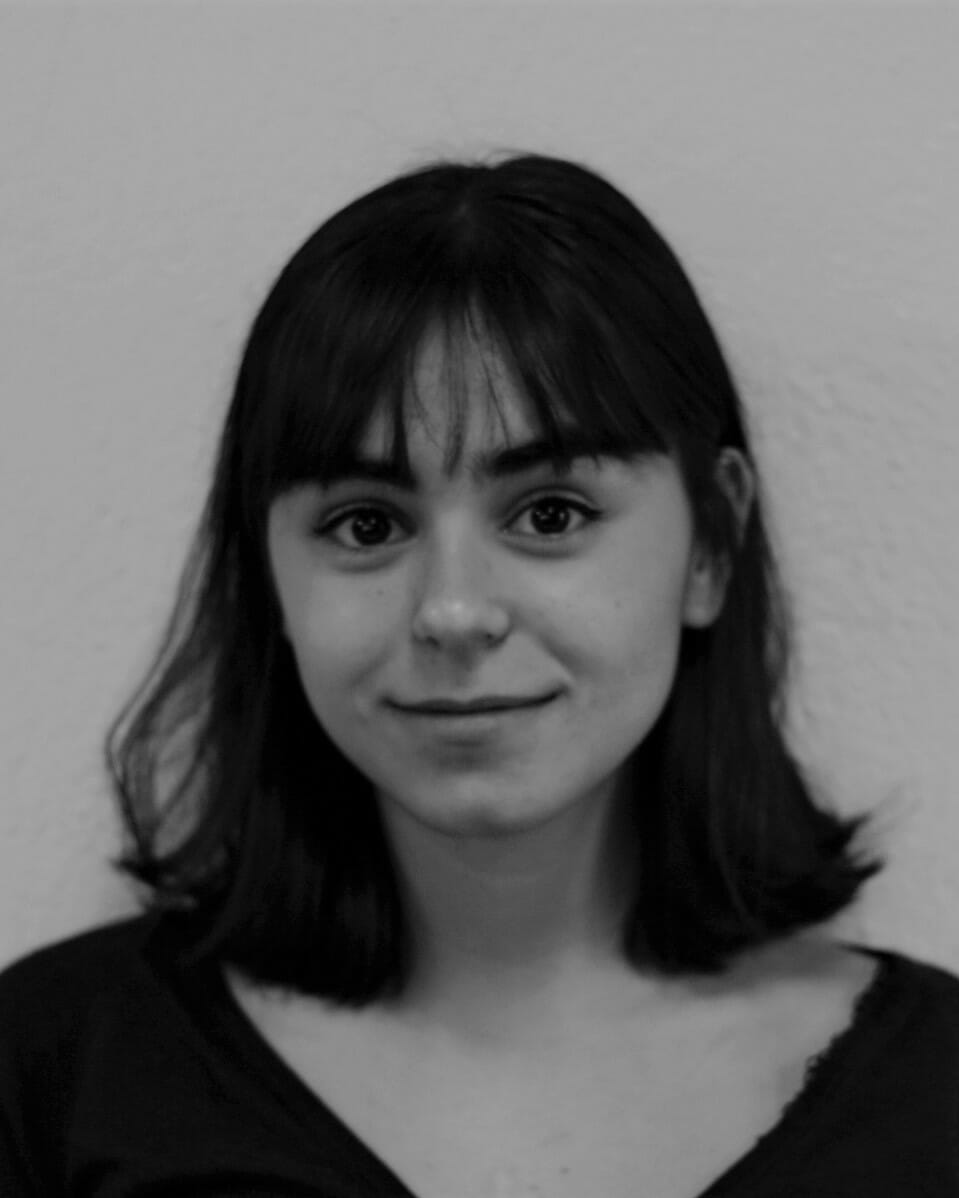
About the Author: Madalena Martins
Madalena is a young writer and actress based in Chicago. She was born and raised in Lisbon (Portugal- the home of soccer and custard tarts) then moved to Mostar (Bosnia and Herzegovina), and finally made it to the United States! Her international background resulted in a deep love for languages, cultures, travelling, and food. She is also a lover of theatre, cinema, music, and literature. In her free time, she enjoys writing, going to the beach, doing improv comedy and sketches with friends, talking to strangers, and suffocating her dog with love.
Besides this, she is interested in climate activism, feminism, and queer studies, and is interested in the intersections between these fields.

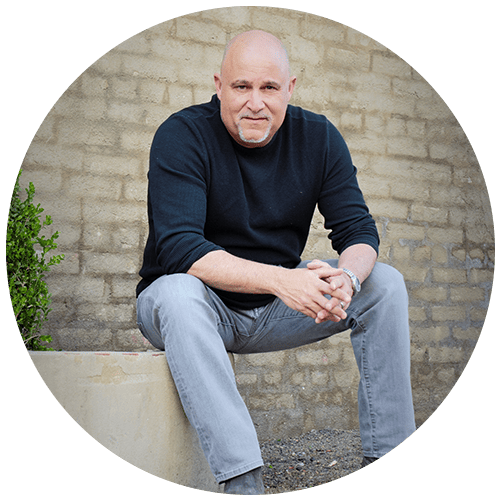
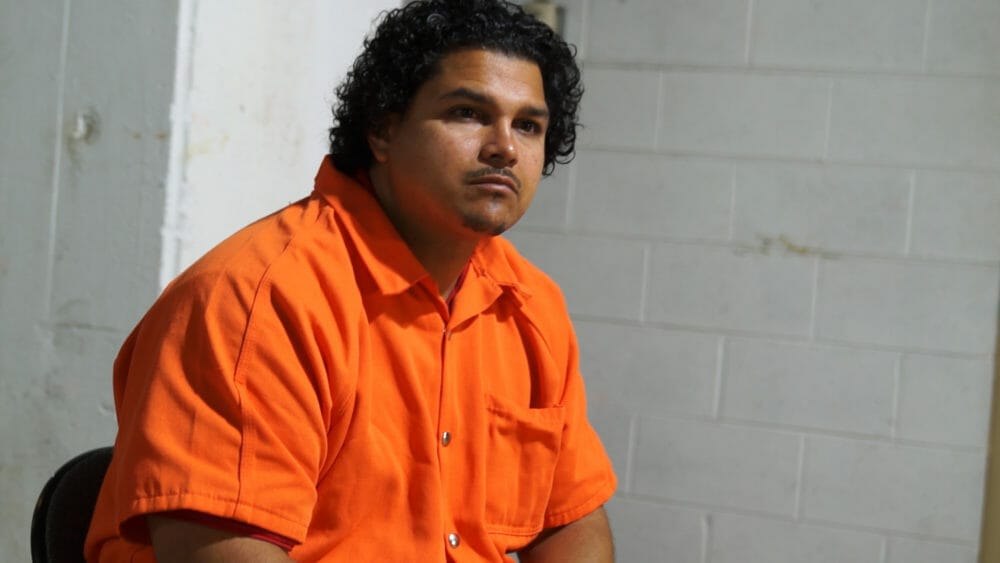
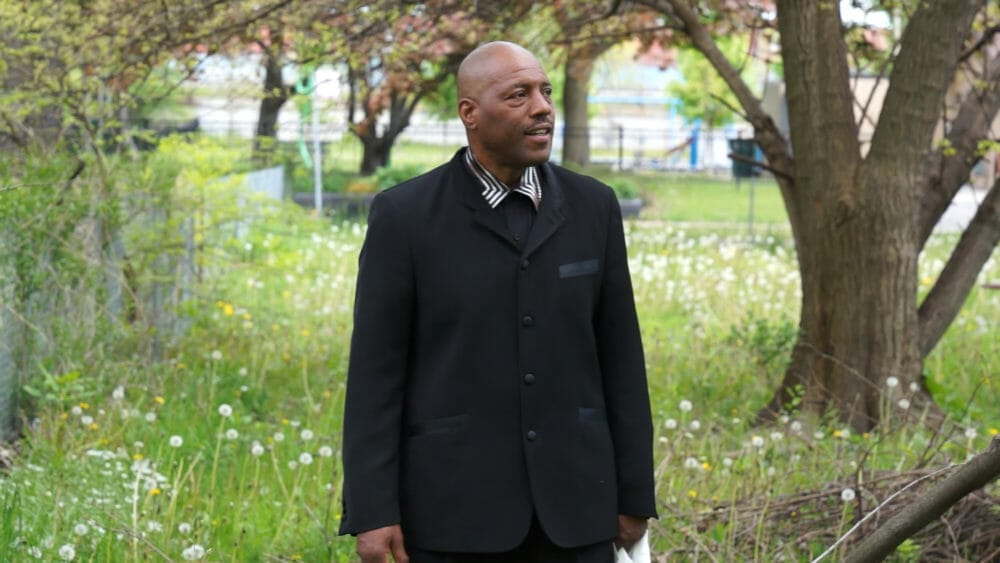
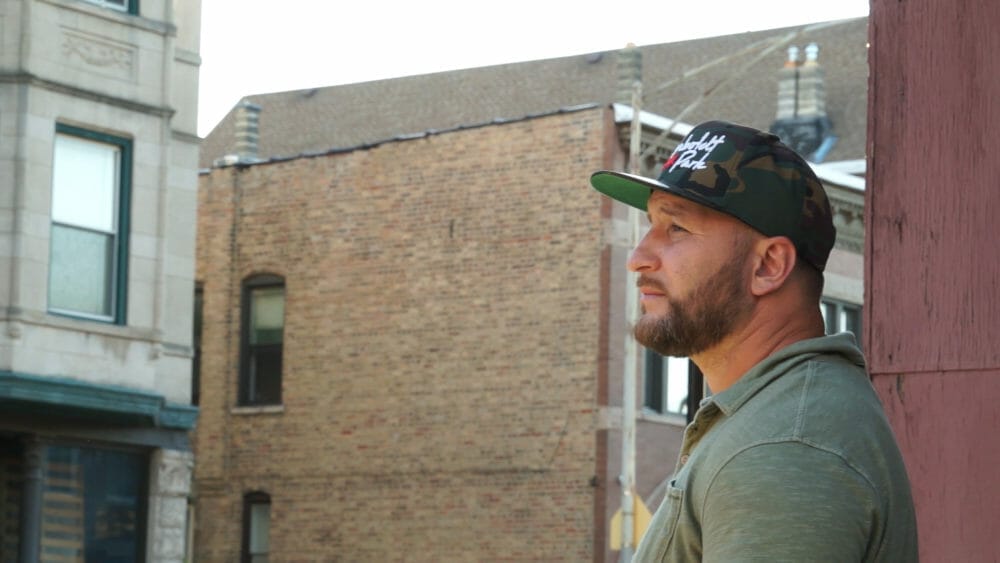
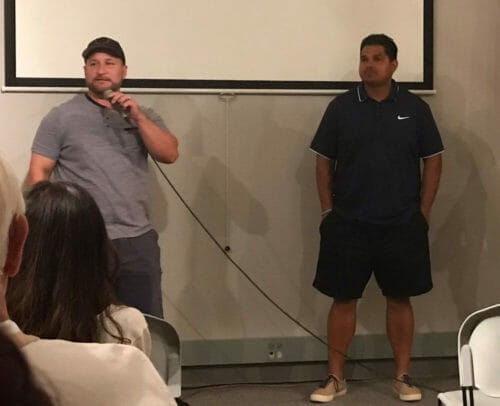
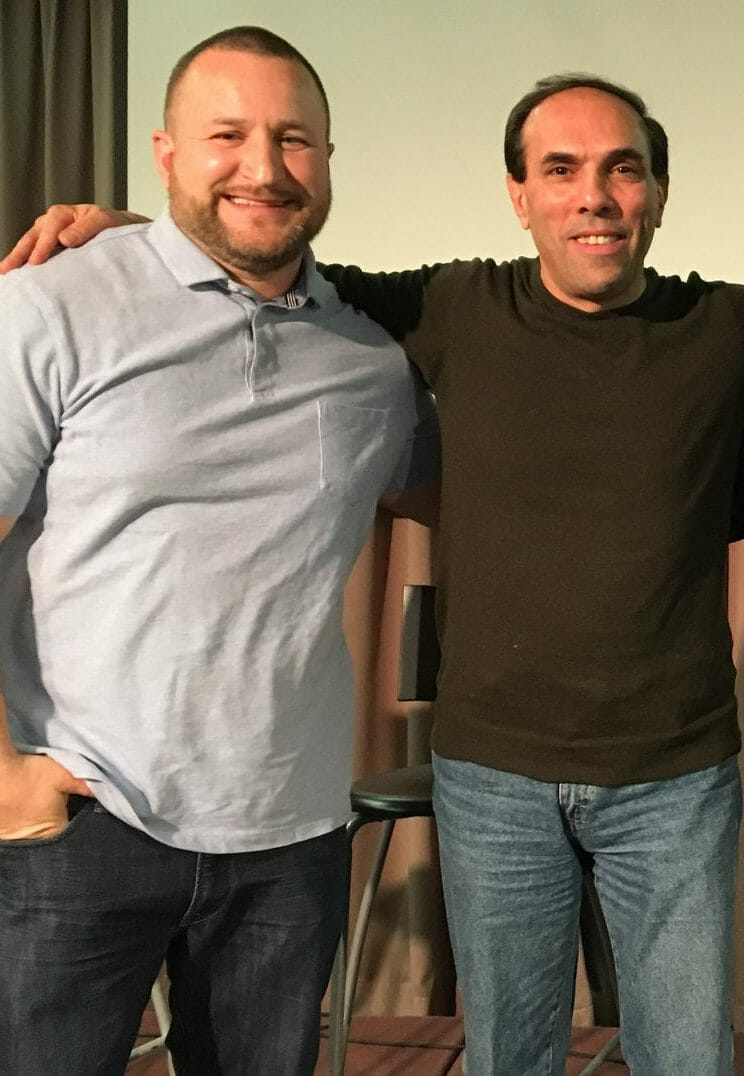
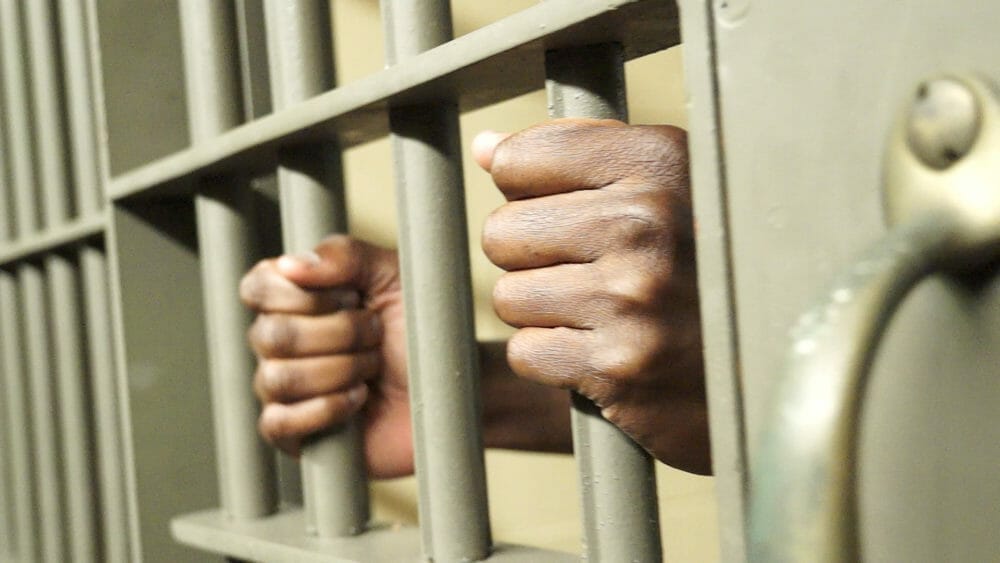
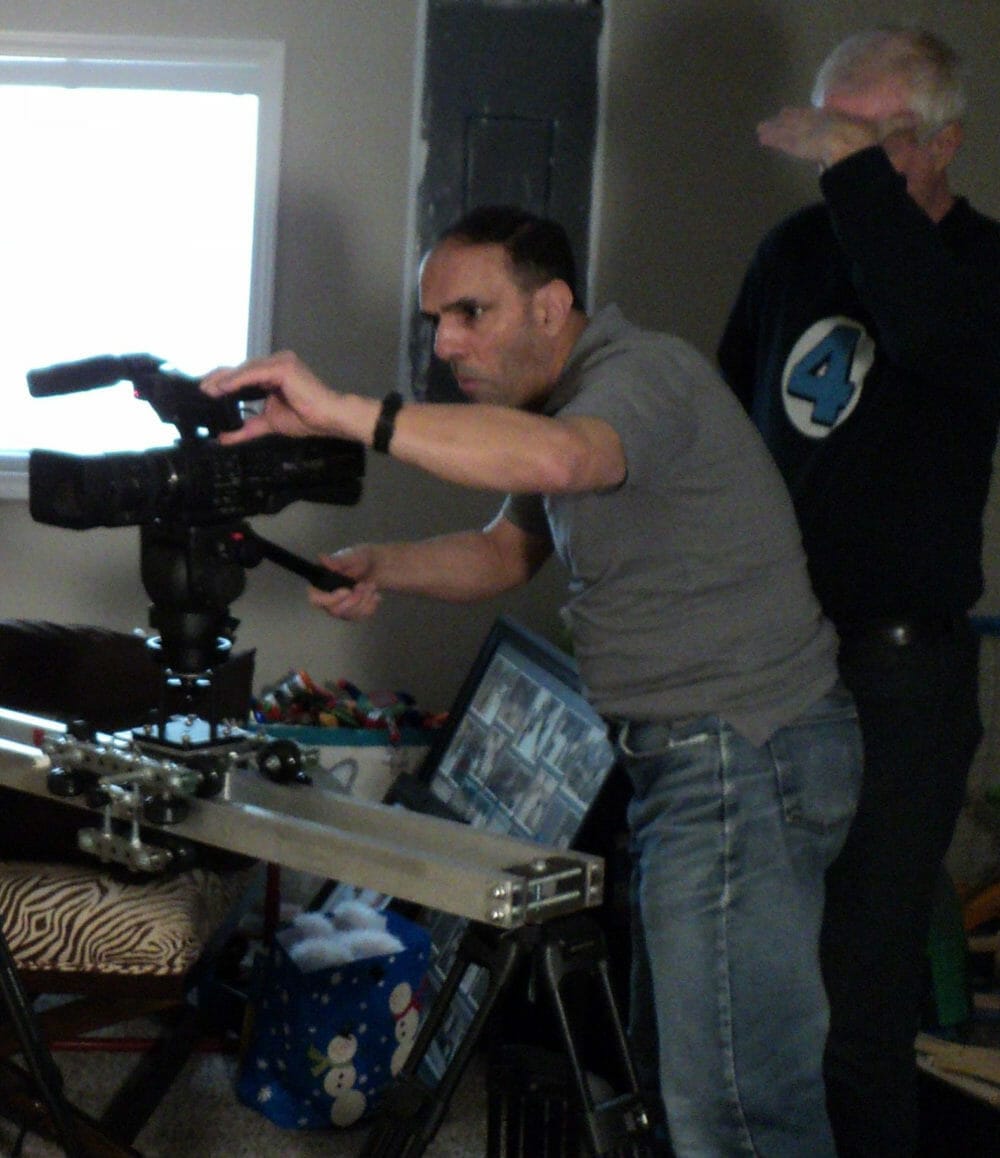
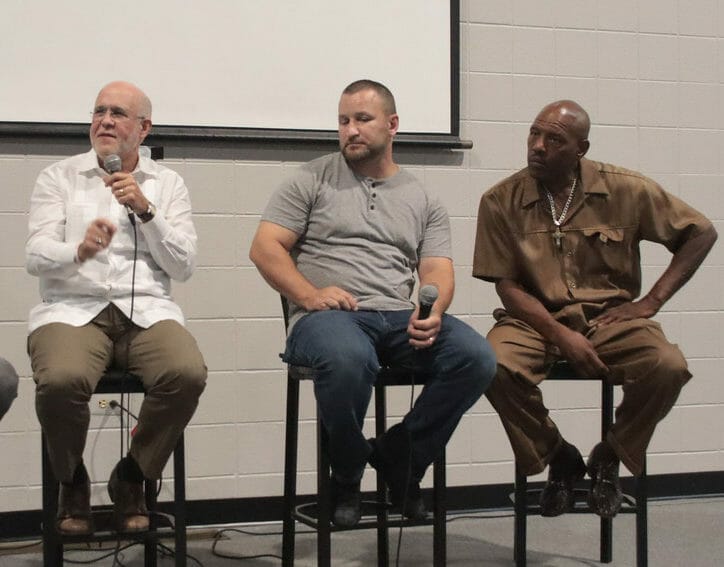
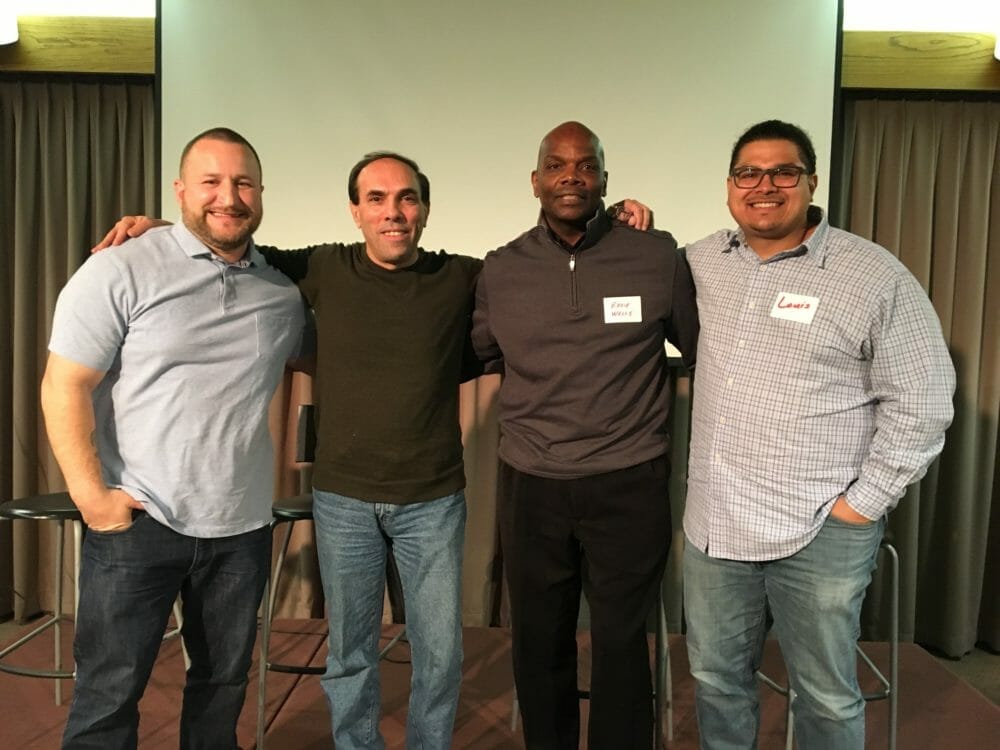


Nominated for Picture This Post BEST OF 2021